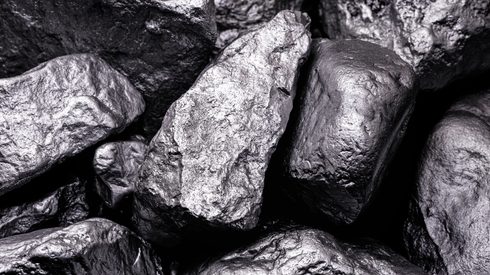Market participants said the situation was limiting the ability of buyers to acquire required volumes, despite strong demand from both distributors and end consumers. The situation is likely to further constrain the volumes traded because domestic steelmakers have, in any case, been offering only limited tonnages of coil over the past few weeks.
“The amount [of funding] a buyer needs to make a deal has doubled or tripled and the credit insurance companies are not expanding lines [of credit to] the customers in line with price increases. They need payment guarantees from a bank or upfront payments [and while there are ways] to deal with the issue, they all increase costs for the buyer and will be more time consuming,” a German distributor told Fastmarkets.
An Italian trader agreed.
“Our credit lines are completely full because prices have increased and continue to rise. This will be [troublesome] and it has already limited the ability of buyers to book what they need,” the trader said.
The number of transactions in the market and the volume of trades have already been limited by European steelmakers reportedly holding back from offering bigger tonnages in the spot market. Such tactics by the producers could be explained away as a focus on long-term agreements and monitoring traded volumes to avoid becoming overbooked, or as an attempt to take a pause and return to the market when buyers are ready to accept even higher prices.
Fastmarkets calculated its daily steel hot-rolled coil index, domestic, exw Northern Europe at €971.25 ($1,168.26) per tonne on April 23, up by €45.00 per tonne week on week and by €162.92 per tonne month on month. The price has increased by €581.14 since June 22 in 2020, when it reached a bottom.
“We have problems with opening credit lines because of the crazy lead times mills are offering now. Usually, it would be about six weeks, now it takes months before delivery. If the trend continues, buyers will not have any money to pay freakishly high prices for phantom coils they will get in autumn at best,” another Italian distributor said.
The earliest delivery times that Northern European and Italian steelmakers were able to offer this week were for late-third-quarter production, sources said. One mill in Italy was said to be offering HRC with December delivery, but that had not been widely confirmed by other market participants by the time of publication.
“The situation with credit lines makes matters even worse for buyers. We are already struggling with getting needed volumes from mills and now, with credit lines full, we need to jump through hoops to be able to make payments for whatever we can get. And I think situation will become even more complicated as there are no signs that there will be any material with faster delivery available [any time] soon,” a distributor said.
The troubles buyers face with opening credit lines have not had an impact on prices and are unlikely to do so in the short term because mills are firmly in control of pricing due to the shortage of material.
Julia Bolotova in Dnipro contributed to this report.




